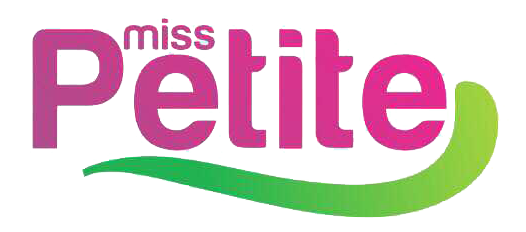
Russia’s communications regulator is threatening to fine Google and Wikipedia for not removing what it describes as misinformation about the war in Ukraine.
The Russian government is threatening to fine Wikipedia if it doesn’t remove content that contradicts its narrative about the war in Ukraine.
Communications regulator Roskomnadzor announced on Thursday that it had asked the online encyclopedia to remove a page containing “unreliable socially significant materials, as well as other prohibited information” about its operations in Ukraine, according to an English translation. It accused the site of intentionally misinforming Russian users.
It said it could fine Wikipedia up to 4 million rubles, or nearly $47,000, for failing to remove those materials, which are illegal under Russian law.
Russia enacted legislation last month that criminalizes war reporting that doesn’t echo the Kremlin’s version of events — including by calling it a war. The law has forced most of Russia’s remaining independent news outlets to close and many journalists to leave the country for fear of facing up to 15 years in prison.
The Wikipedia page in question describes the history and context of the war, as well as specific military operations, casualties and humanitarian impact, human rights violations, legal proceedings, international reaction, economic consequences and media depictions.
It is not clear what specific details the regulator is looking to have removed, but Newsweek reports that it said on Monday that the Russian-language version of the page contained “inaccurate information about the special military operation to protect the Donetsk and Luhansk People’s Republics for the de-militarization and de-Nazification of Ukraine,” including the use of the words war, aggression and invasion.
A spokesperson for the foundation told NPR over email that it had received demands on March 1 and again on March 29 to remove information from the Russian-language version of the page about the invasion, before learning of the possible fine.
“The Wikimedia Foundation supports everyone’s fundamental right to access free, open, and verifiable information; this escalation does not change our commitment,” the spokesperson said.
The information on Wikipedia is sourced and shared by volunteers, with the foundation saying last month that Ukrainian volunteers were continuing to make additions and edits to the encyclopedia even as the war on their country unfolded.
The spokesperson reiterated on Friday that the information within the article continues to be verified, fact-checked and “improved by an ever growing number of Wikipedia volunteer editors,” who determine the site’s content and editorial standards.
“The Wikimedia Foundation protects and will continue to protect their ability to engage in research and contribute to Wikipedia,” the spokesperson added.
In a statement released after the first takedown request last month, the Wikimedia Foundation said the demand “threatened censorship,” and that denying people access to reliable information at a time of crisis could have “life-altering consequences.” As of March 3, they said the English-language version of the page had been viewed more than 11 million times, and articles about the war had been created in more than 99 languages.
“Wikipedia is an important source of reliable, factual information in this crisis,” the foundation wrote. “In recognition of this important role, we will not back down in the face of efforts to censor and intimidate members of our movement. We stand by our mission to deliver free knowledge to the world.”
Wikipedia isn’t the only information platform facing such a request from Roskomnadzor. Just days ago, the agency warned it would fine Google up to 8 million rubles (more than $93,000) for not following its orders to remove YouTube videos to which it objected.

Olalekan Ajimoti – Blogger, Content Writer, and Digital Marketer helping brands and retailers build 8-figure e-commerce since 2016.
As a corporate trainer, brand communications expert, and brand consultant, I help people start, stay and grow in business leveraging digital skills and traditional expertise.





